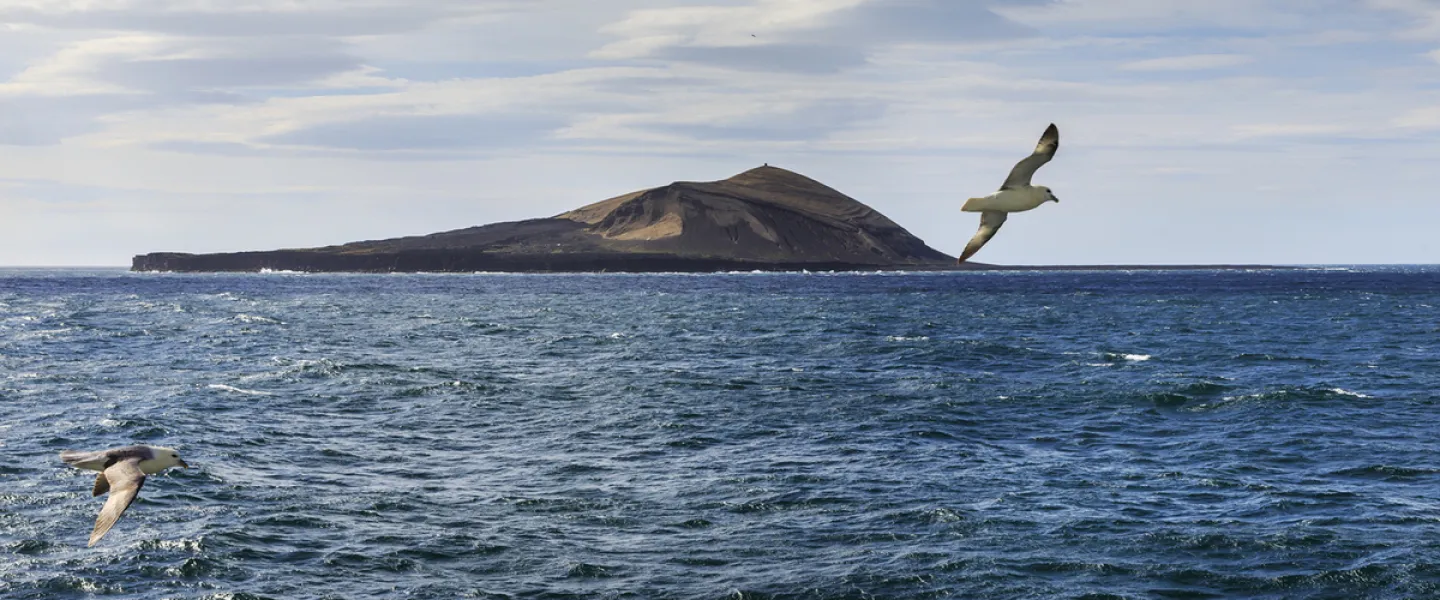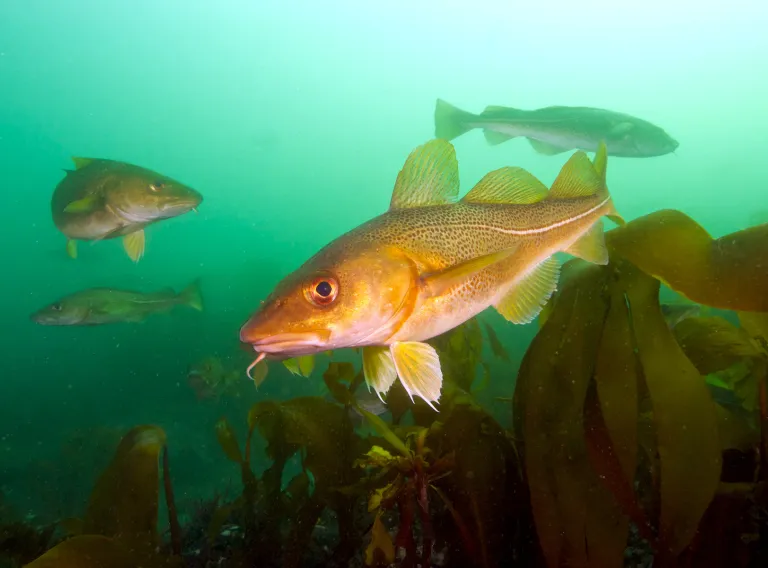
The University of Iceland´s Ocean and Sustainability course will be officially endorsed as a UNESCO Ocean Decade activity. This recognition highlights the innovative approach of the university’s Environment and Natural Resources (ENR) graduate programme in addressing global ocean challenges and promoting sustainability, and opens up a new approach that other universities could follow.
The UNESCO's Decade of Ocean Science for Sustainable Development (2021-2030) is an initiative dedicated to the theme “The science we need for the ocean we want”. The goal of the initiative is to find new and innovative solutions to the challenges facing the ocean.
As part of the Ocean Decade, ten essential challenges were identified, addressing among other things critical issues such as marine pollution, protecting and restoring ecosystems and biodiversity, sustainable ocean economies, and climate change mitigation through ocean-based solutions.
An approach for other universities
The course Ocean and Sustainability, a graduate course offered in the Environment and Natural Resources (ENR) graduate programme at the university, was redesigned for the autumn 2024 around each of the 10 Ocean Decade challenges and addresses issues such as: sustainably feeding the world´s population, digital mapping of the ocean floor, marine pollution, and ocean literacy.
This course is set up to be applicable to any university or teaching center endeavoring to train students in sustainability studies. Therefore its designers decided to contact UNESCO to highlight this innovative course as an approach that other universities could follow.
“Having this course endorsed by UNESCO is a great recognition for our work,” says Bridget Burger, who redesigned the course with former Staff member of the UNESCO GRO fisheries training programme and graduate of the ENR programme, Mary Frances Davidson, and is teaching the course this semester. “The restructuring of this course around the 10 UNESCO Ocean Decade challenges is a unique approach to engaging with the real issues regarding the ocean that we face today. These challenges involve complex or ´wicked problems´ that must be understood from a multi-stakeholder approach and solved in an interdisciplinary Bridgetway. Collaboration, furthermore, is key in order to chart a path forward to a sustainable future for humanity, and the ocean and its resources. Science is at the core of tackling these challenges, but these issues cut across disciplines, therefore novel and convergent approaches are needed.”
